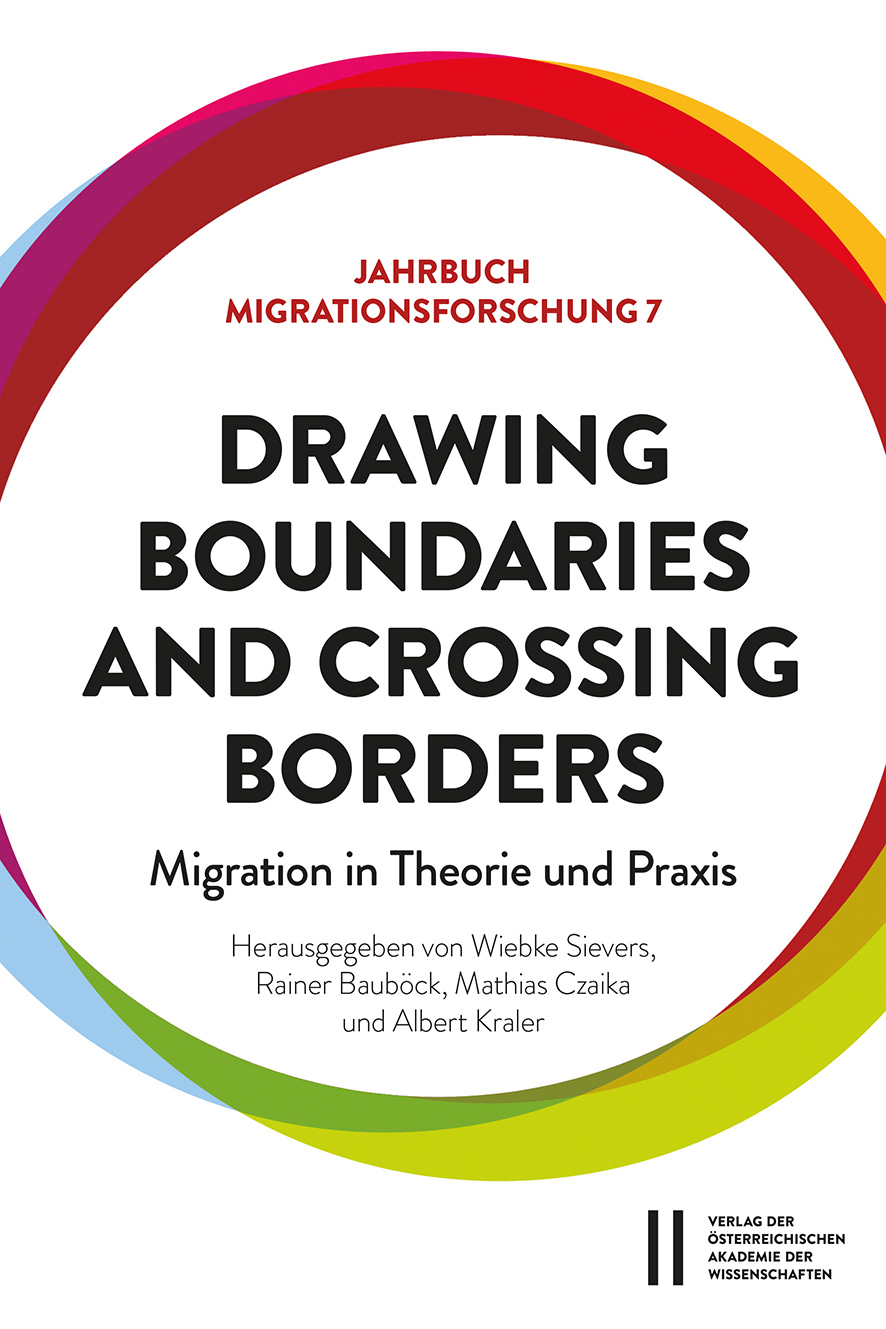How far does solidarity go? Hope and despair in membership systems after the pandemic
About the yearbook:
People from the Global North can now cross borders more easily than ever before. Those from the Global South, on the other hand, are no longer only controlled at national borders. They are already confronted with borders in their countries of origin that extend deep into state territories in the Global North. These territorial borders have been symbolically underpinned by right-wing populist movements in the target regions of migration for decades. At the same time, they reinforce the social boundaries within migration societies. Those who want to prevent the immigration of Muslims also deny belonging to those Muslims who already live here. Territorial and social boundaries are therefore closely linked, but are rarely discussed together. This volume aims to raise awareness of these connections. Thematically, the contributions deal not only with asylum, but also with labor and return migration. The authors aim to counteract increasing territorial and social exclusion. To this end, they develop new perspectives on migration: they situate it within the broader paradigm of mobility, encourage new theoretical approaches and demonstrate the potential of post-migrant perspectives. They look at legal and political developments that can be used to counter the escalating demarcation of borders in liberal democracies, are interested in whether and how migrants can resist their own exclusion and finally deal with the possibilities of solidarity in society as a whole.


